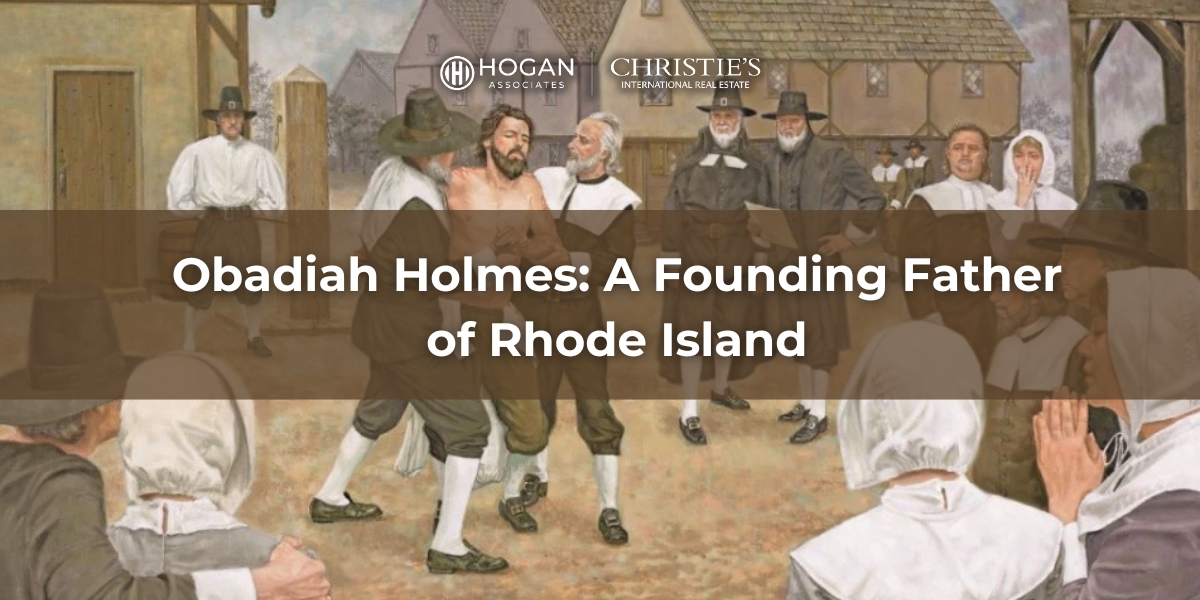
Nestled discreetly off Indian Avenue in Middletown, RI, lies a historic graveyard surrounded by aged stone walls and shaded by towering trees. This secluded site invites quiet reflection, compelling visitors to wonder about those buried there and the lives they led in a distant era. This peaceful resting place holds the grave of Obadiah Holmes, whose life as a Baptist minister greatly influenced Rhode Island’s early development. His weathered gravestone, inscribed with the words “Eminent citizen – champion of soul liberty,” stands as a testament to his enduring influence.
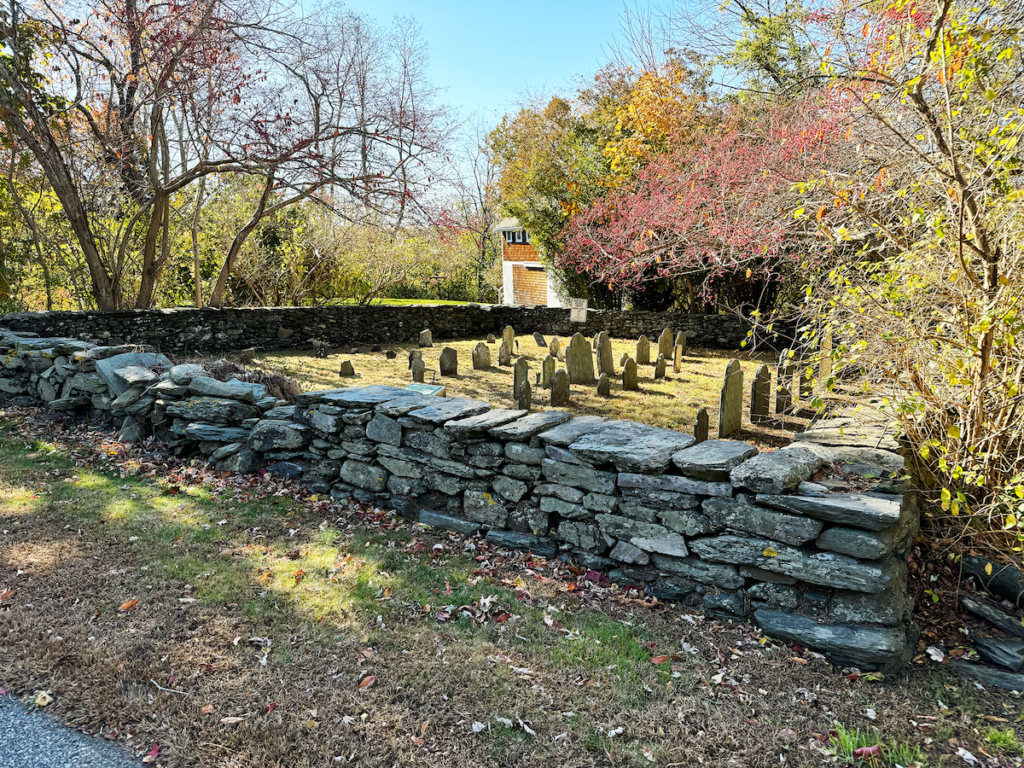
Holmes’ extensive landholdings in Middletown, along Indian Avenue, served as a cornerstone for the town’s development. The transformation of the land is striking—once rough, hardworking farmland cultivated by Holmes, now lined with elegant, manicured homes. To appreciate the significance of this landmark and Holmes’ profound impact, we must follow his journey from a turbulent youth to a steadfast religious leader and defender of freedom.
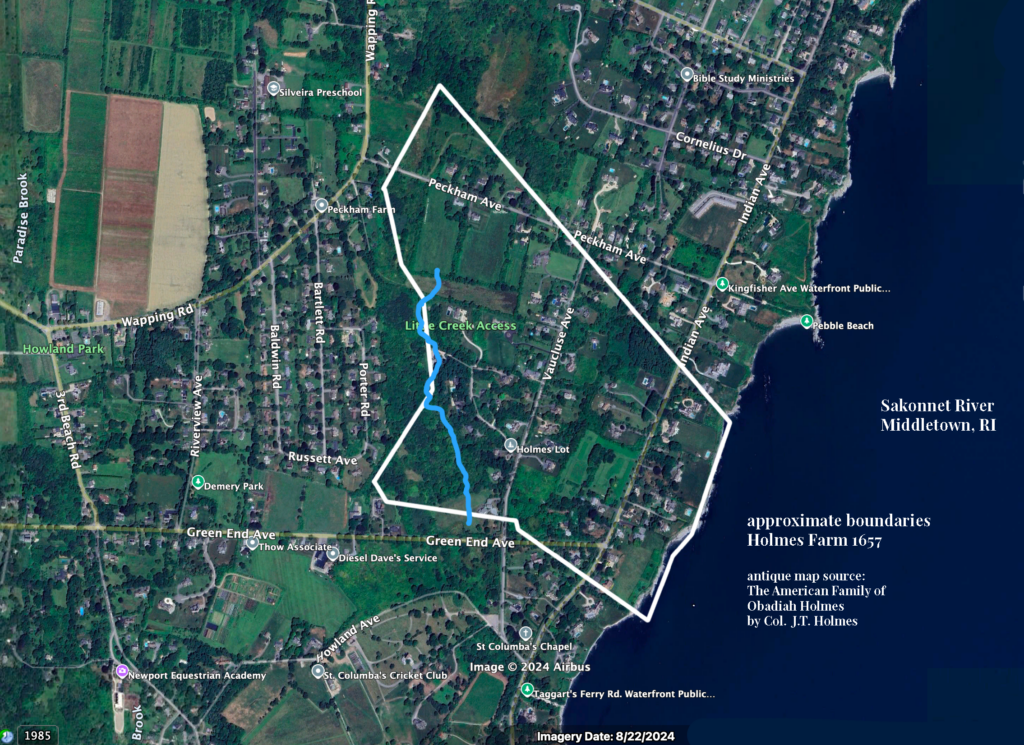
From Turbulent Youth to Revered Religious Leader
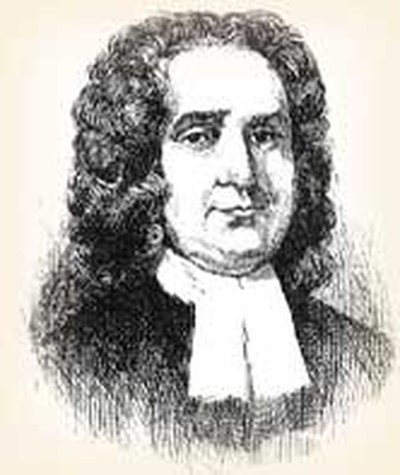
Born in England in 1607, Holmes was known for his rebellious and unruly behavior as a young man. His actions led to his exile from his hometown, a turning point that would ultimately set him on a path toward spiritual enlightenment.
After arriving in Boston around 1638, Obadiah Holmes and his companions settled in Salem, Massachusetts.
The Search for Religious Freedom
In Salem, Holmes became a member of the First Church but soon found himself at odds with their strict rules. Additionally, he disagreed with the Church’s practice of baptism at birth. Holmes and his colleagues believed baptism required expressed consent which could not be granted until a person was old enough to decide for himself. Disappointed with the religious climate in both Plymouth and Massachusetts Bay, he sold his property and moved to Newport, Rhode Island, seeking greater religious freedom.
In the summer of 1651, a group of three Rhode Island Baptists, including Obadiah Holmes, John Clarke, and John Crandall, embarked on a spiritual journey to Lynn, Massachusetts, a town that borders Salem. Their mission was to visit a fellow Baptist, William Witter, and spread their faith. However, their peaceful intentions were met with hostility from the Puritan authorities.
A Courageous Stand for Faith
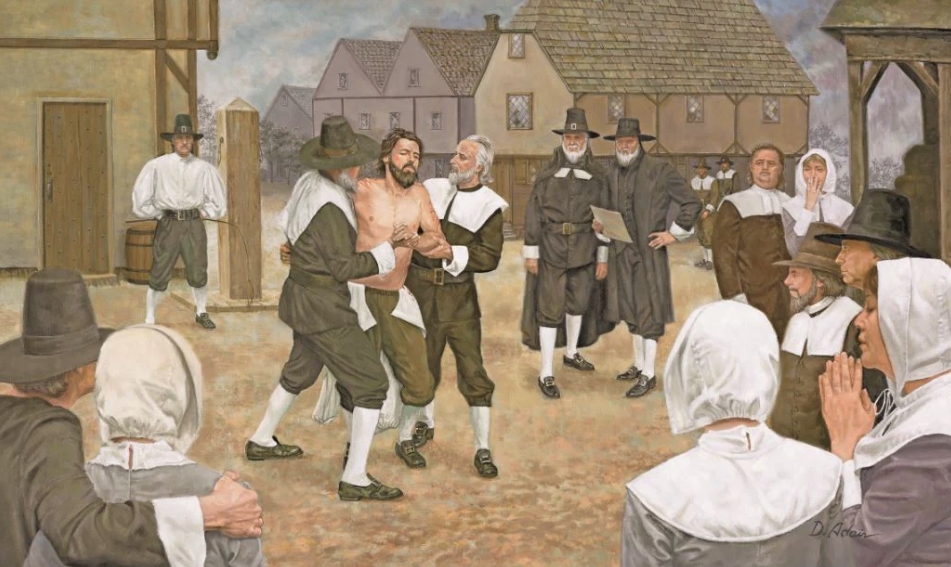
While conducting a religious service in Witter’s home, the three men were arrested for violating the Puritan laws against non-conformist worship. They were taken into custody and brought before a local magistrate, Robert Bridges. Despite their pleas for religious freedom, the men were found guilty and sentenced to fines or imprisonment.
Holmes, known for his unwavering convictions, refused to pay the fine imposed on him. As a result, he was publicly whipped in the marketplace, a punishment that he endured with remarkable fortitude. His courageous stand against religious persecution inspired others and solidified his reputation as a champion of religious freedom.
Shaping a State
The whipping of Holmes quickly gained widespread attention, ultimately fostering greater religious freedom. The Puritans’ attempt to intimidate heretics failed, as evidenced when Harvard President Henry Dunster refused to baptize his infant son just two years after Obadiah Holmes’s punishment.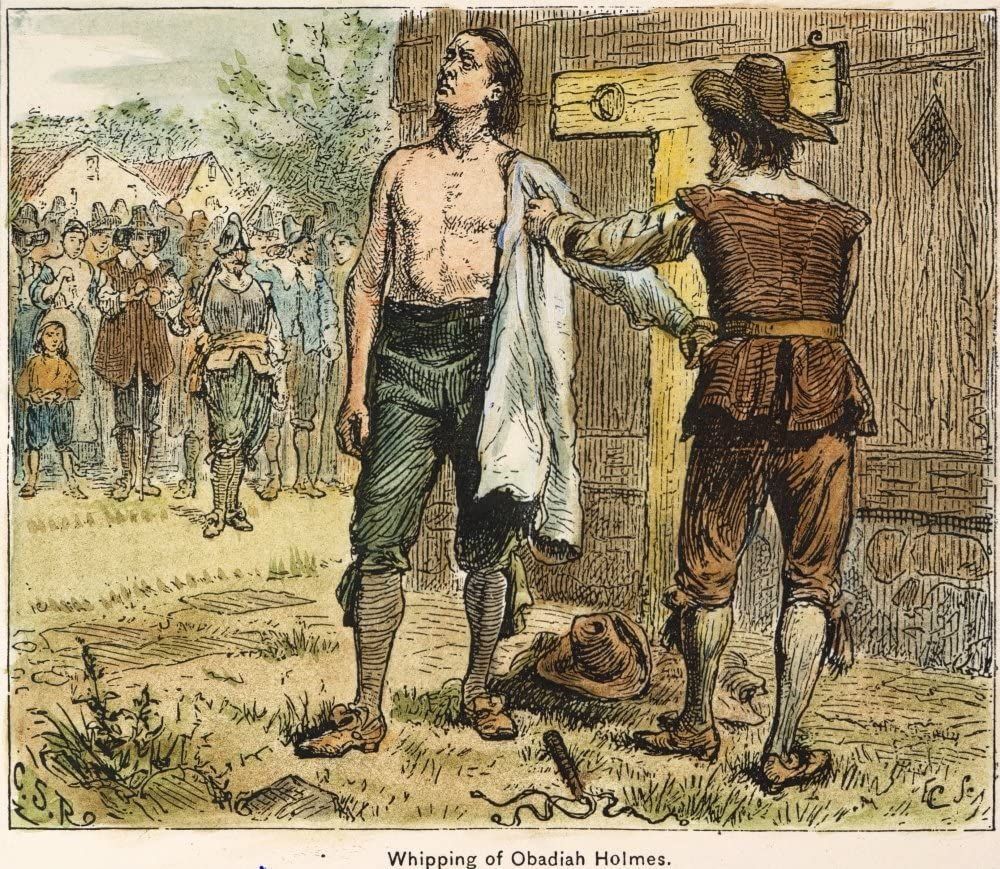 John Clarke capitalized on the situation, making it an international issue by writing Ill Newes in New England, which included Holmes’s account of the whipping. This book caught the attention of Richard Saltonstall, a founding Puritan in London, who criticized the colony’s pastors for their tyranny.
John Clarke capitalized on the situation, making it an international issue by writing Ill Newes in New England, which included Holmes’s account of the whipping. This book caught the attention of Richard Saltonstall, a founding Puritan in London, who criticized the colony’s pastors for their tyranny.
The incident also inadvertently bolstered Rhode Island’s struggle for independence. At the time, many of Rhode Island’s colonists felt persecuted by Connecticut and Massachusetts, who sought to divide and absorb the colony. John Clarke spent a decade in England advocating for Rhode Island, and with King Charles II’s restoration in 1660—who held disdain for the Puritans for beheading his father—Clarke successfully secured a royal charter in 1663, granting Rhode Island unparalleled religious freedom for the next 180 years.
Obadiah’s Legacy of Faith and Leadership
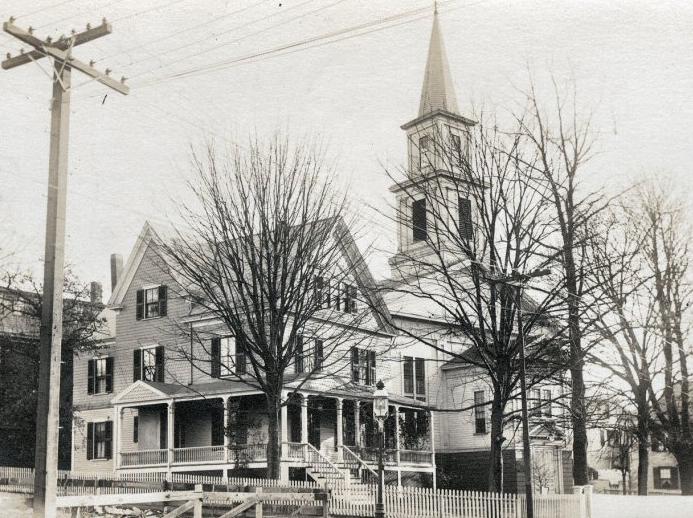
Obadiah returned to Newport in 1652 and assumed the role of the second minister of the First Baptist Church in Newport, located at what is now 30 Spring Street in Newport, RI. He followed Dr. John Clarke, who had previously held the position. This appointment marked a significant milestone in Obadiah’s career and solidified his connection to the church and the community of Newport.
Holmes acquired a substantial tract of waterfront land in Middletown, bordering the Sakonnet River. This land, located along Indian Avenue, would become the foundation for the town’s growth and development.
His tenure as minister of the First Baptist Church in Newport proved to be a long and influential one. He served the congregation for over three decades, dedicating his life to spiritual guidance and community leadership. During his time as minister, Obadiah played a crucial role in shaping the church’s identity and fostering its growth.
Obadiah’s Legacy
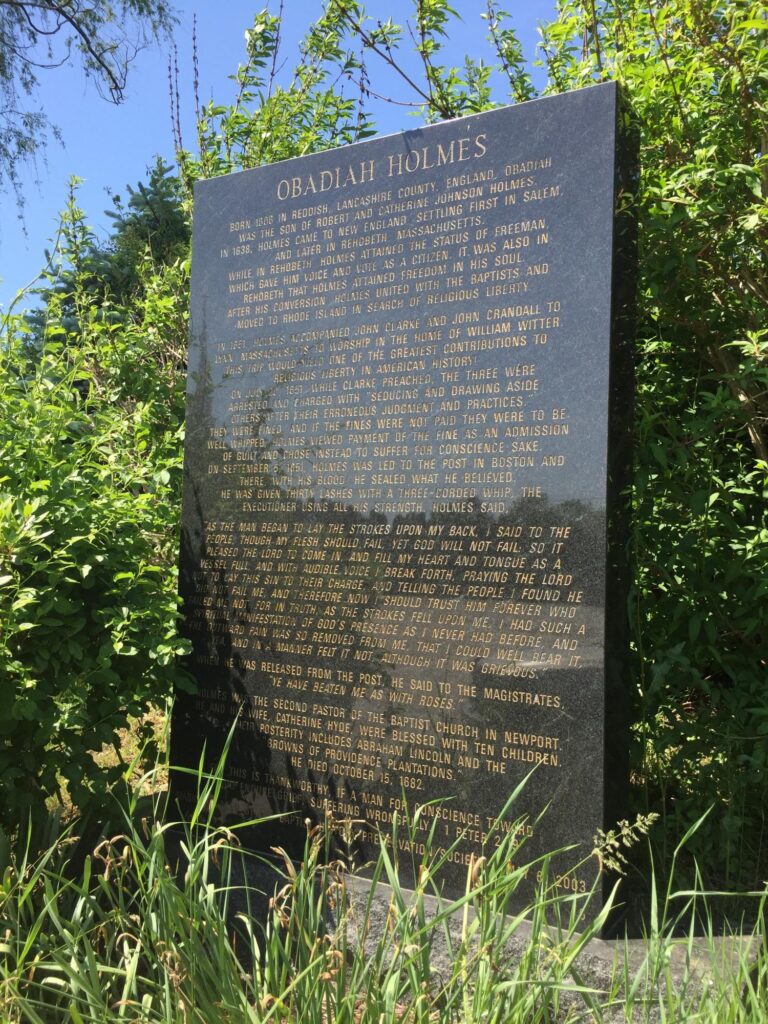
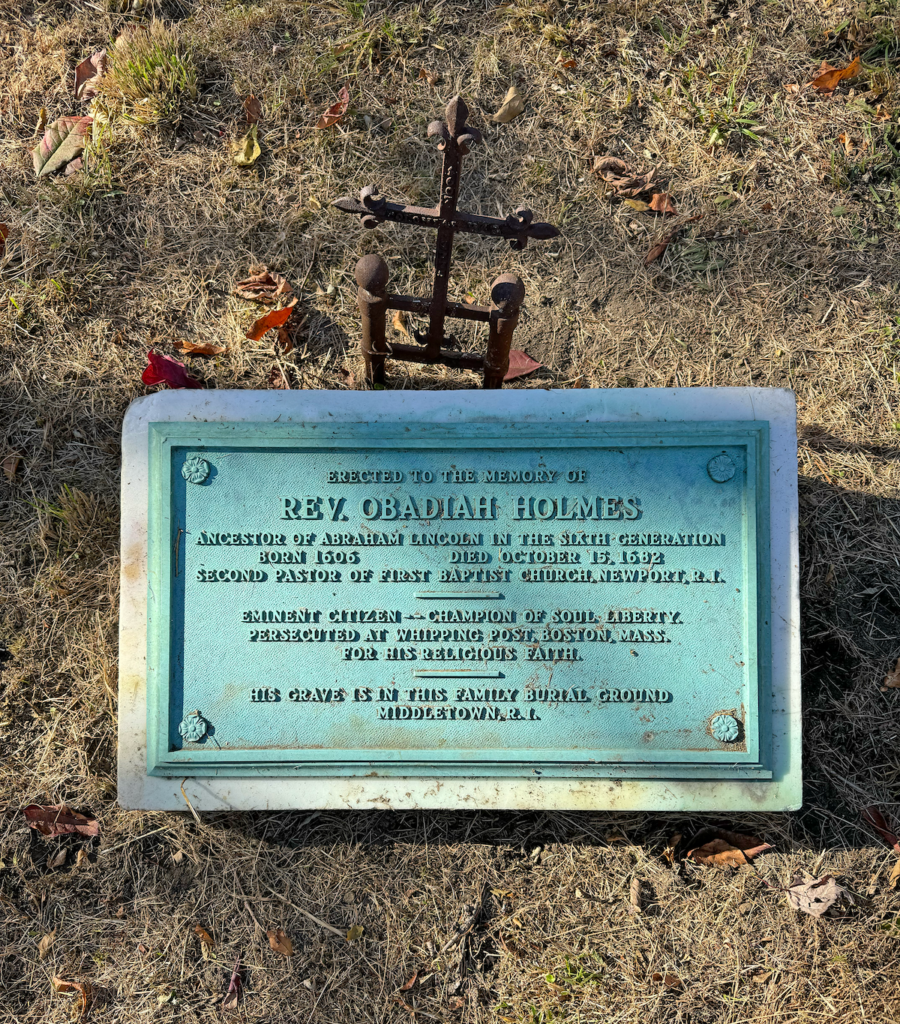
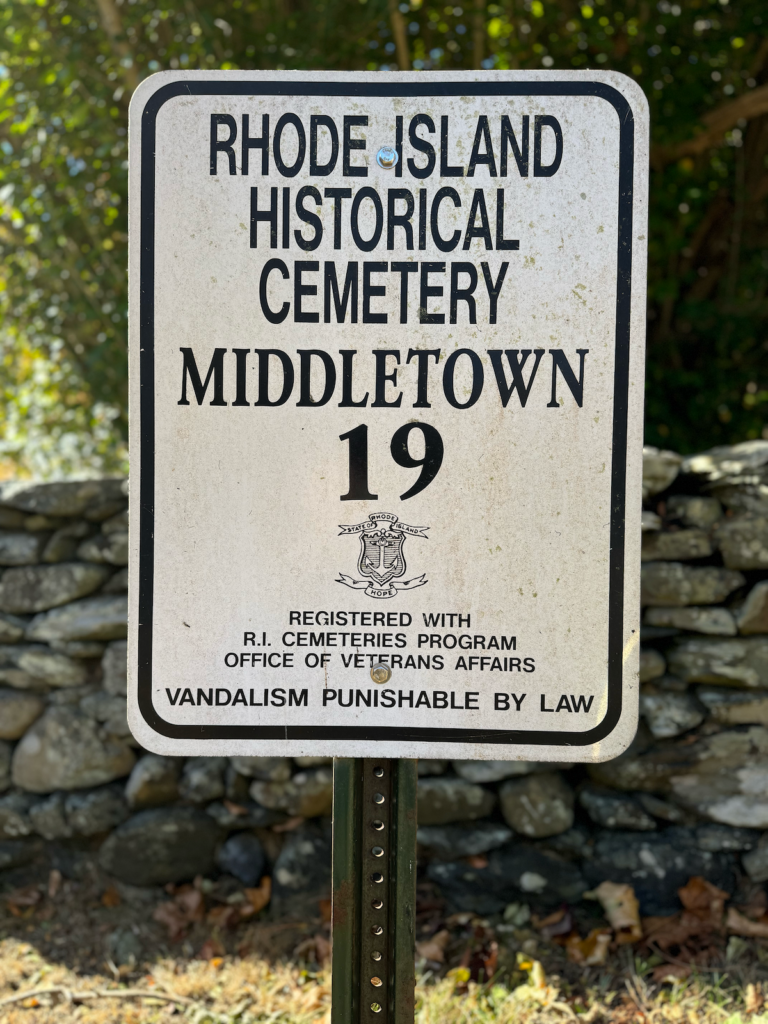
Obadiah’s legacy reaches far beyond his lifetime, leaving an enduring mark on the history of American liberty. His story is woven into the nation’s fabric, even linking him to Abraham Lincoln, the 16th President of the United States and a symbol of equality, who was Obadiah’s great-great-great-great-great-grandson. This connection reflects the lasting influence of Obadiah’s values and dedication to justice. After his death, he was laid to rest in his own field, where a memorial tomb was erected in his honor as a respected minister and community leader. His grave remains in the Holmes family cemetery, located on the west side of Vaucluse Avenue, just north of Green End Avenue, in Middletown, Rhode Island.
If you’re interested in buying or selling a property in Newport, RI, or its surrounding communities, Hogan Associates Christie’s International Real Estate will gladly be your guide. Call us at (401) 680-6588 or send a message to info@hoganri.com.








